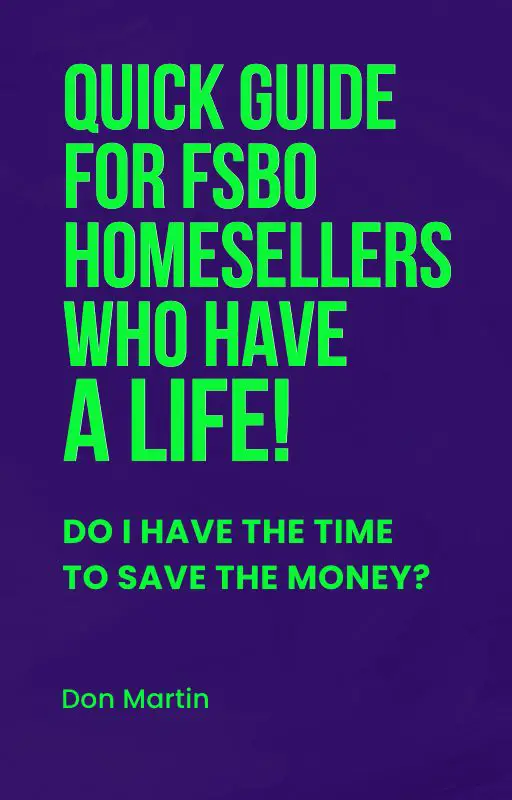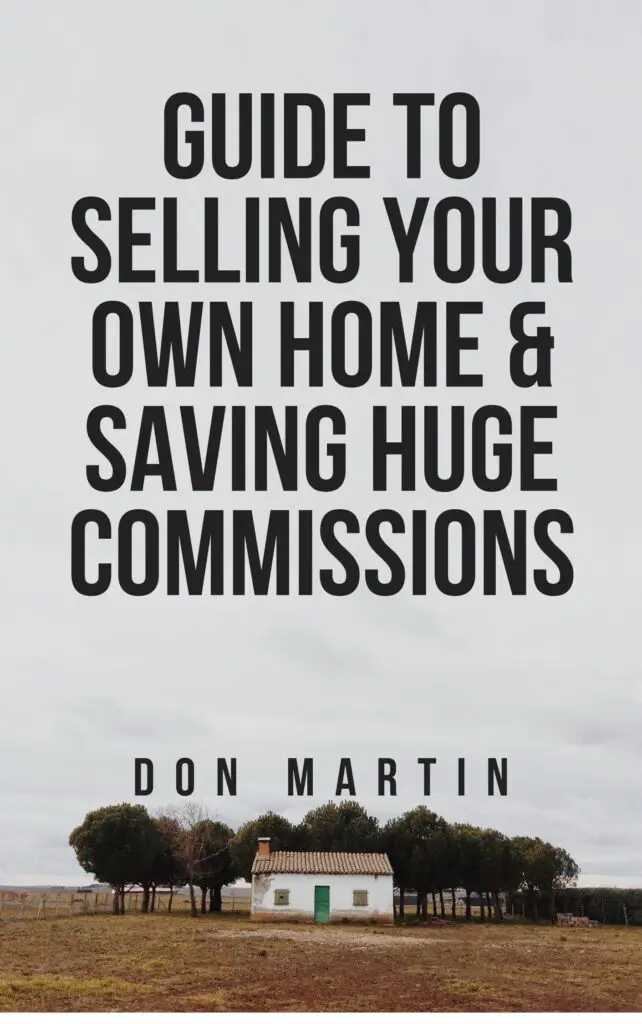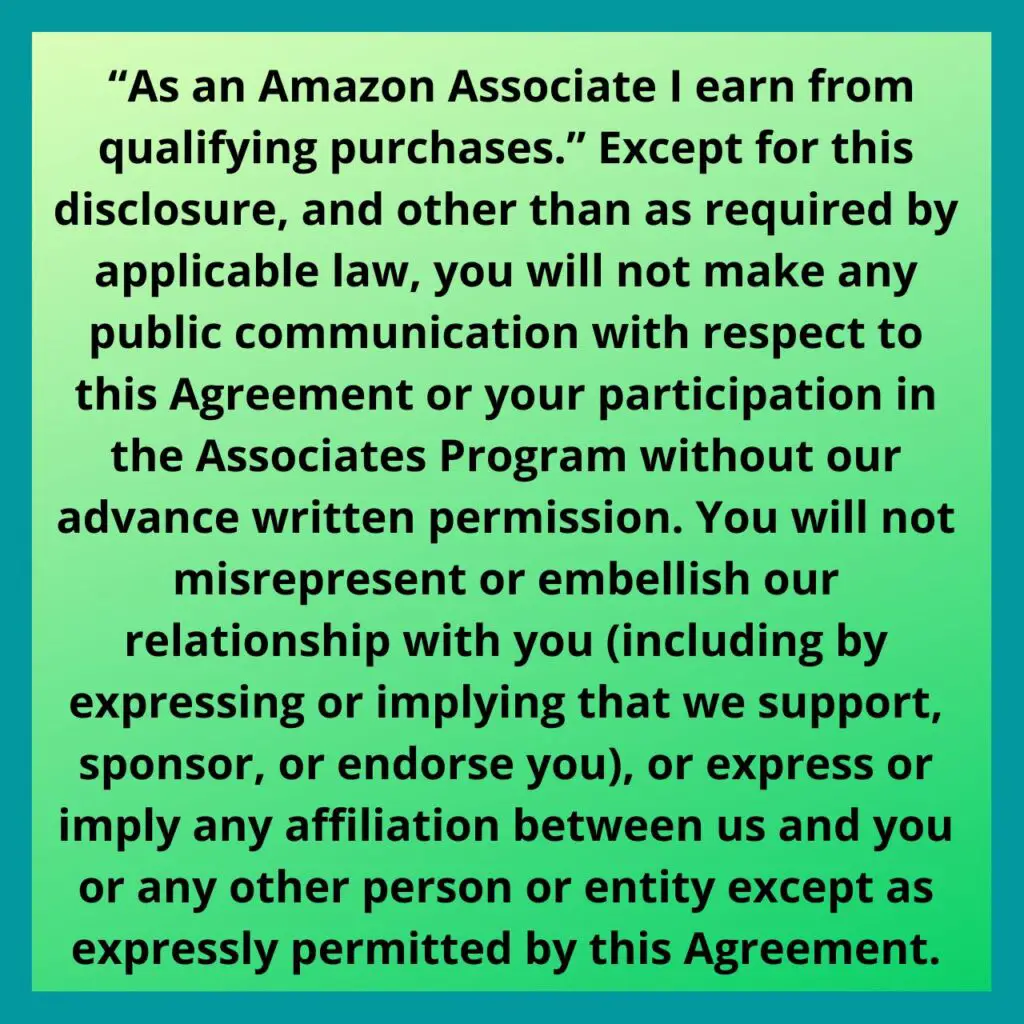Written by Don Martin. For his updates go here.
The following can definitely be a win-win scenario… right up until one or both winners lose.
This article is part of our “Basics 101” series. Others in the series can be found by clicking HERE, with more being added as possible.
In our example, here is the cast of characters. There is Person A, who lives in House A, but at some point decides to sell it. Person B comes along and becomes interested in House A, and offers to buy it.
When is a house sold, but not sold?
The biggest problem is that Person B owns house B, and must sell it in order to complete the purchase of House A. He does not need two houses, and the bank says he cannot qualify for the mortgage on House A while he owns House B. So he makes Person A an offer, and works out a contract to buy it, closing when his old house, House B, sells.
Person A is very excited because his house has been on the market for a while, and he is anxious. Person B has described his house glowingly, and the buyer activity as frantic looking at it. This is the stuff that nightmares are made of.
For some reason, House B doesn’t sell right off. In fact it doesn’t sell for several months. Person A and Person B are hesitant to talk to each other, because neither knows what to say. Person A may have missed a different buyer or two because, in his heart, he optimistically knows the deal will work out. Person B feels sheepish that he is holding them both up.
Person A can’t really figure out a way to escape this mess except to find a way out of the contract. This is the start similar to so many stories of having a house tied up for weeks with no closing.
The solution is simple
The fact is, there is a rather simple way to avoid this problem. Trouble is, people selling their own houses just don’t know this. They don’t know what they don’t know. They have simply not run into this scene before.
The answer lies in a clause the seller needs to insert in the contract during the negotiating process so it is signed and becomes a part of the contract. Some call it a Continue to Market Clause, and some a kick-out clause. The phrase needs to state that the seller will keep the house on the market and will continue to show and try to sell it. It needs to further state that should another acceptable offer be received, the sell will give the buyer x number of days to remove the contingency (go ahead and close the transaction.)
The solution at this point, short of House B actually selling quickly, is for Person B to get what is called a bridge loan with which Person B can go ahead and close on house A, and then repay the bank later after House B sells. Too many sellers think that this solution is so common-sense and fair, that it goes without saying. It does not. It is always best to have everything in writing.
A conversation best had early
This dialogue, the existence and possibility of the need for a bridge loan are best begun early in this type of transaction. In this situation, it was the seller who loses most. The buyer cannot be forced to complete the purchase when the bank will not qualify them for a mortgage. The only way this could be worse would be if Person A went ahead and let Person B have possession of the house and move in.
People working with a full-service Realtor rarely have to worry about this scenario, but, unfortunately people selling their own house may have never have thought of this. Or at least, not in time. We try to make our customers aware of many different possibilities, but sometimes the excitement of the sale can keep sellers from gaining the knowledge they need to get.
Sellers can sometimes need to protect themselves with a kick-out clause. Click to read the article.
If you are new to the FSBO process, remember that the MLS entry-only listing does NOT include contract review, so you may consider a bit higher level of service.
Written by Don Martin. For his updates go here.
(This post may contain affiliate links, which means if you click, or make a purchase by clicking on them, I may receive a small commission, at no additional cost to you, that will help me continue to bring you valuable content. Thanks for your support!)










